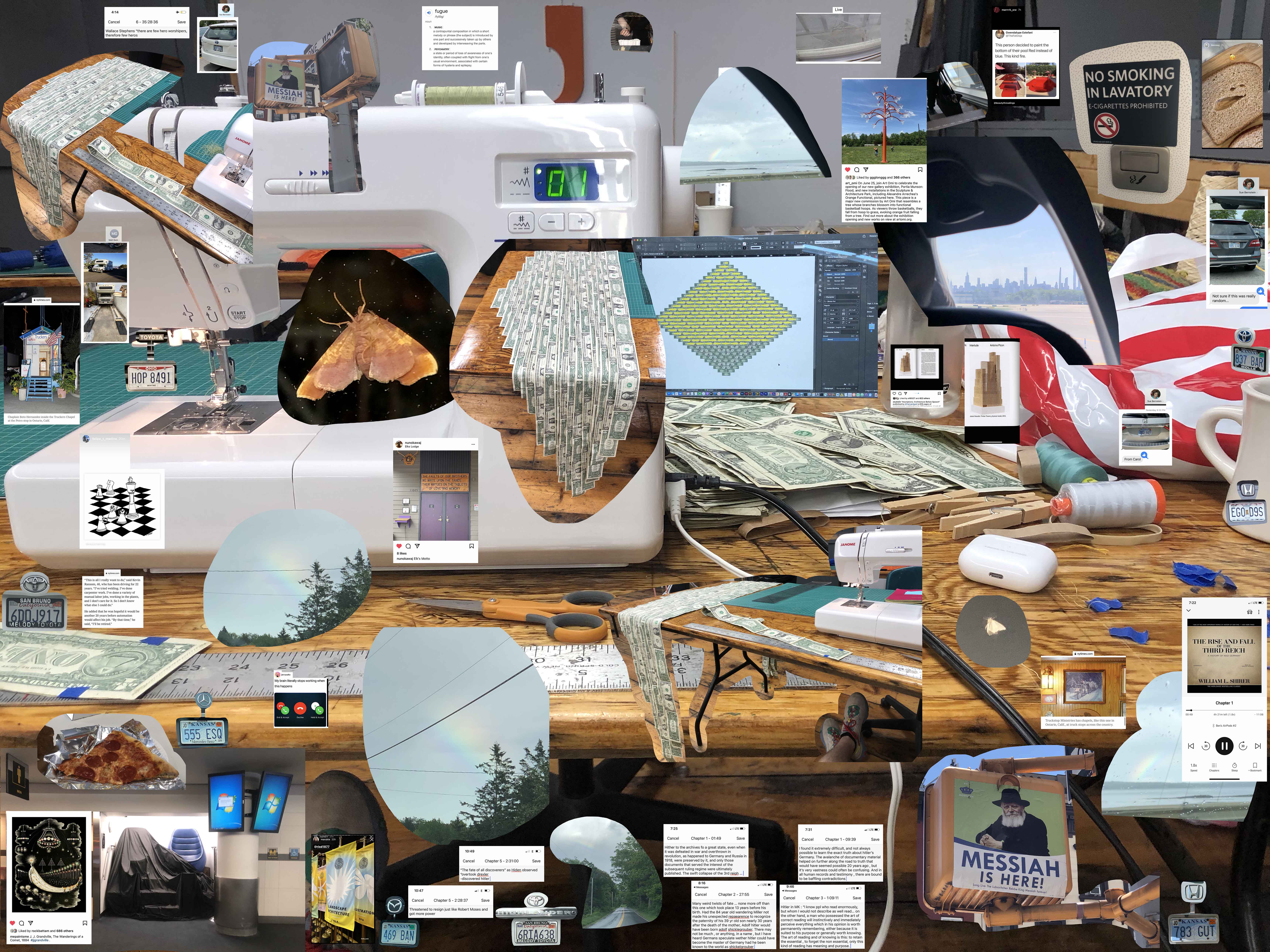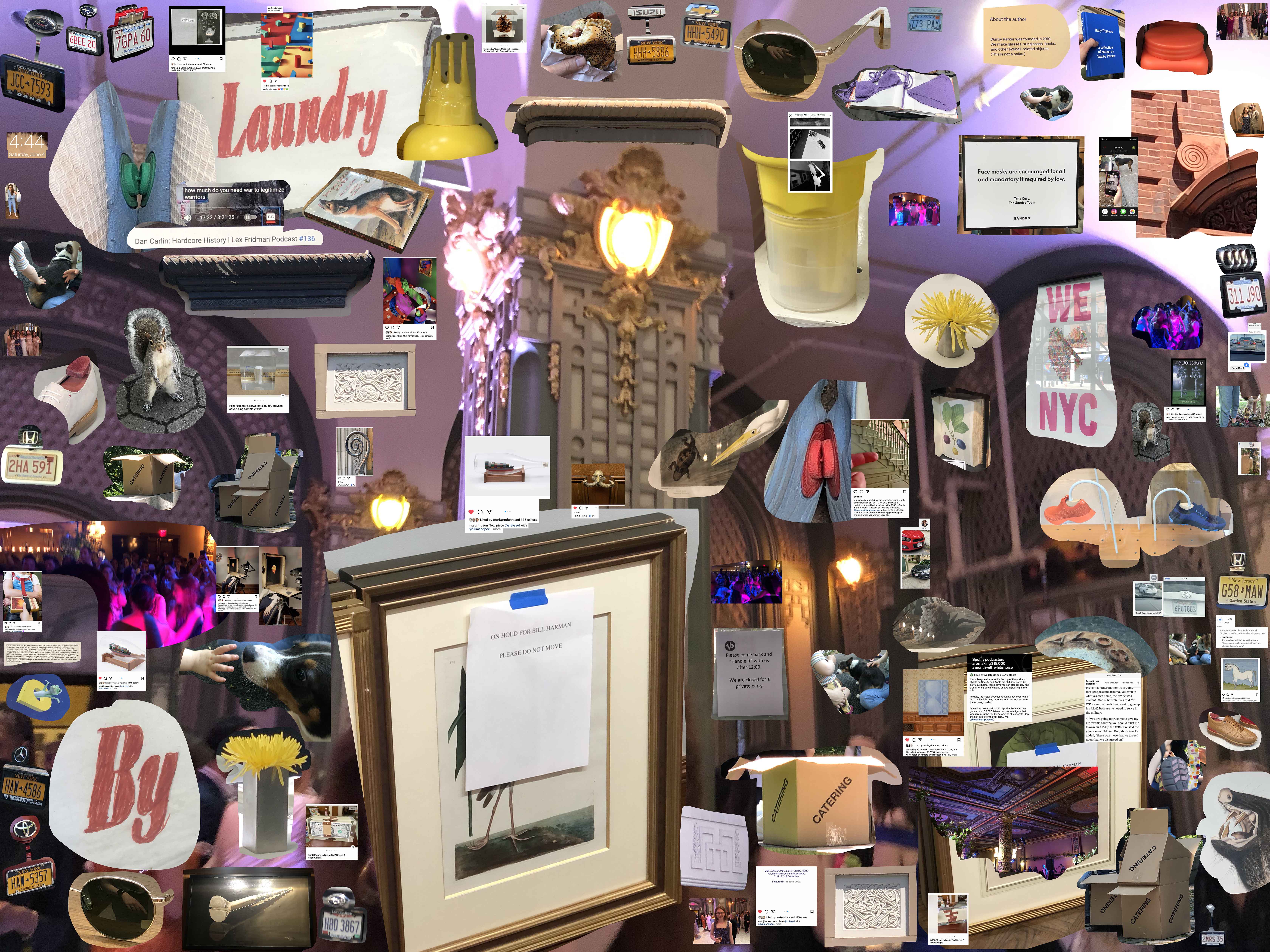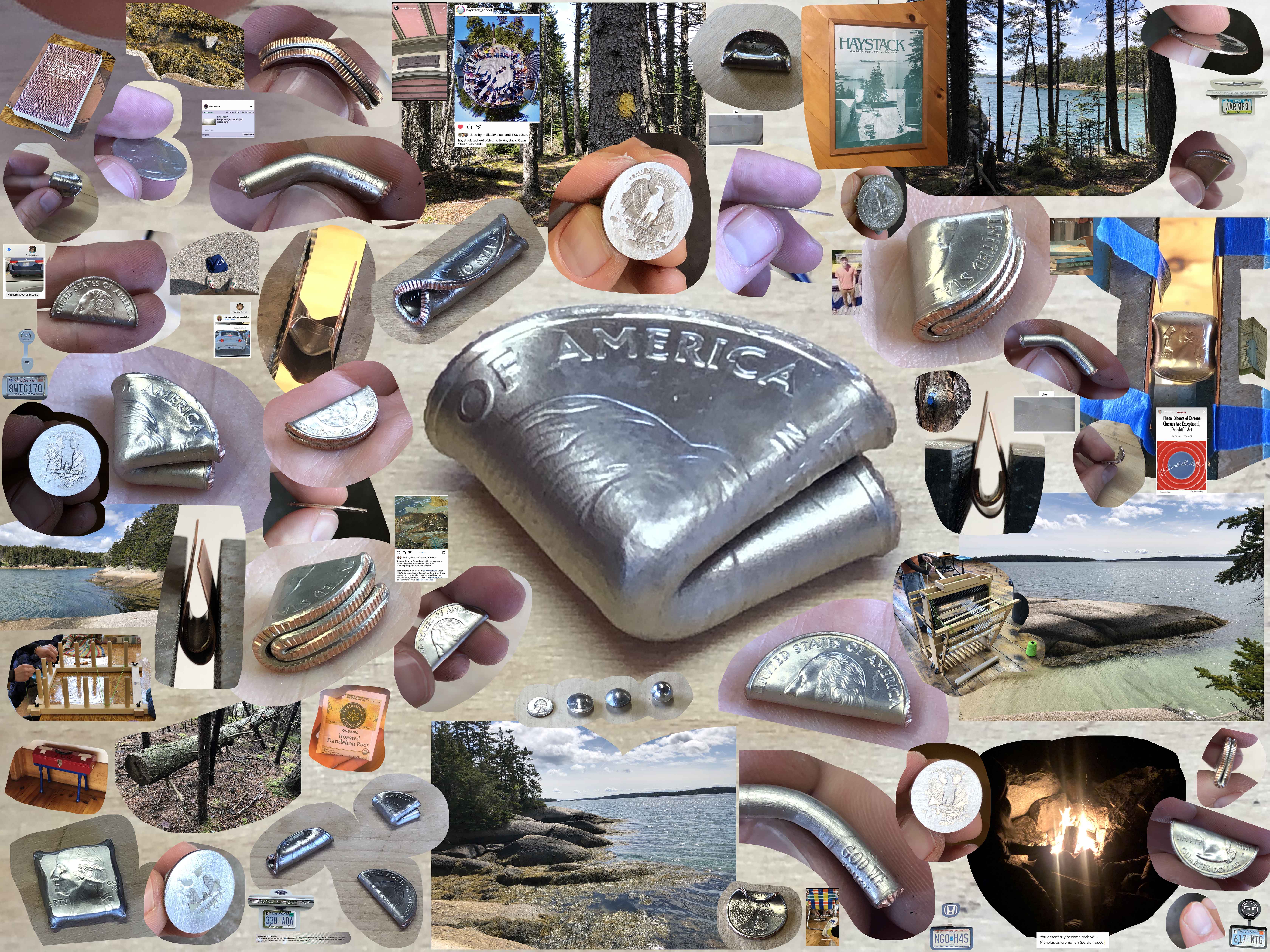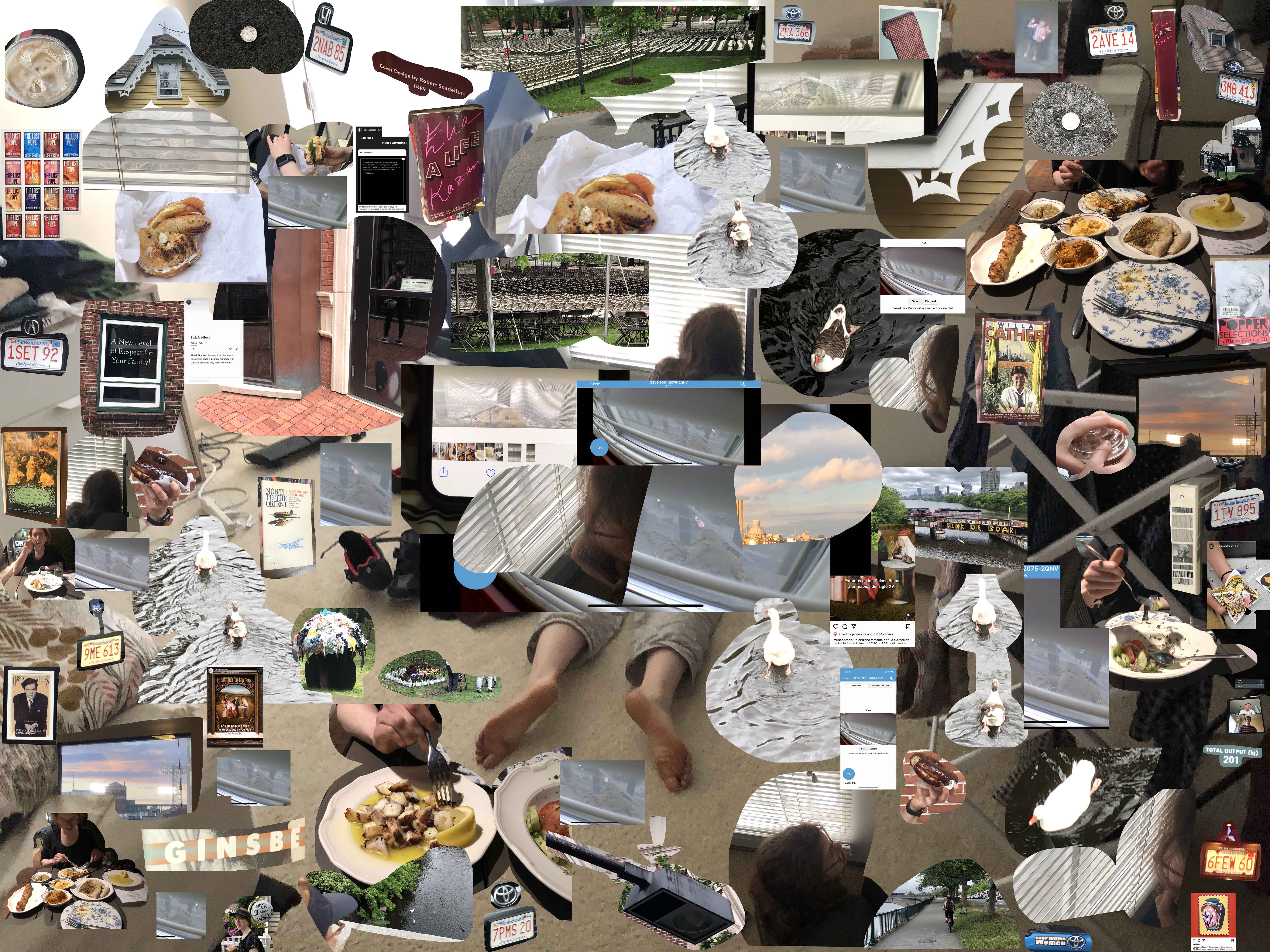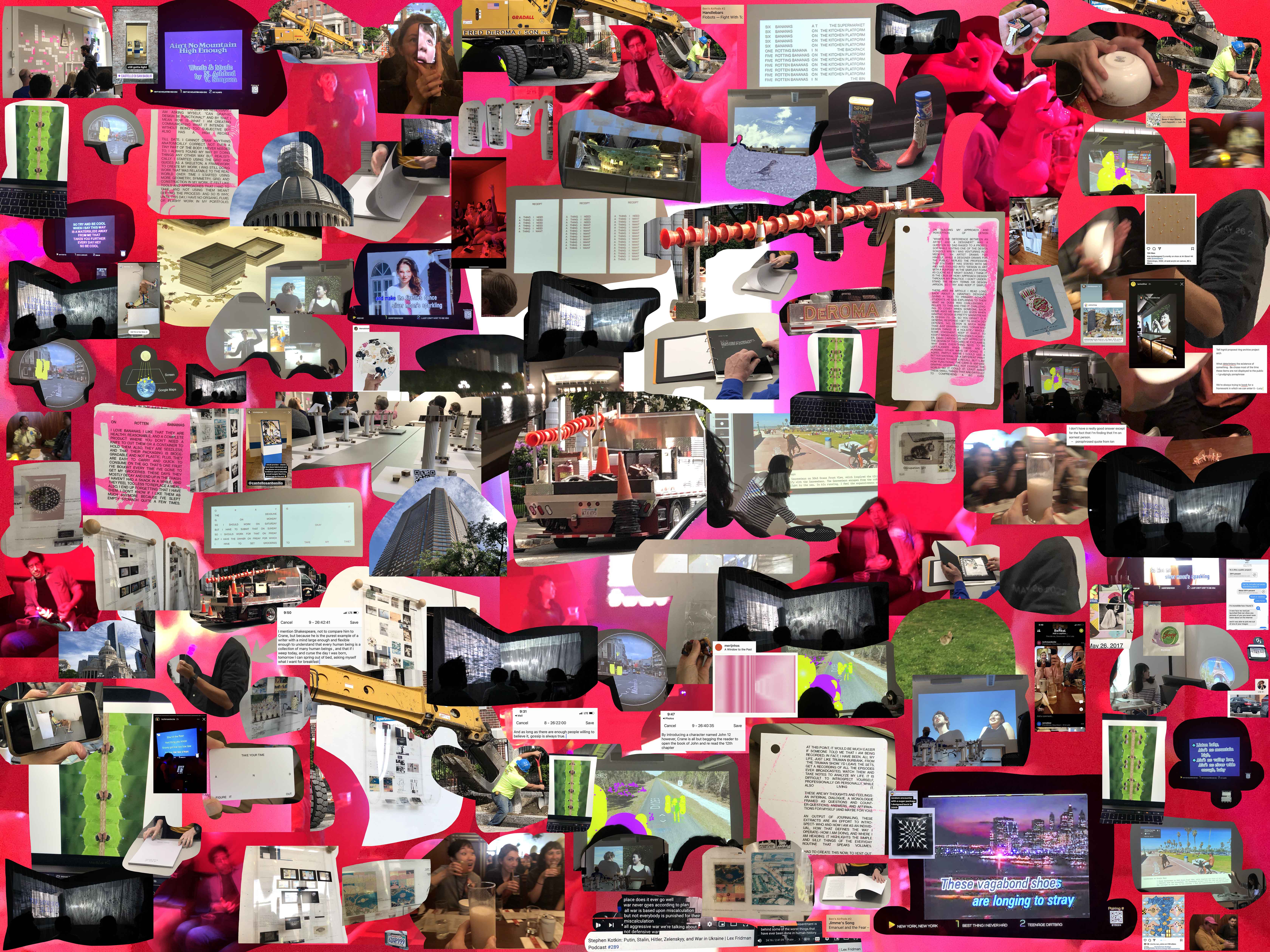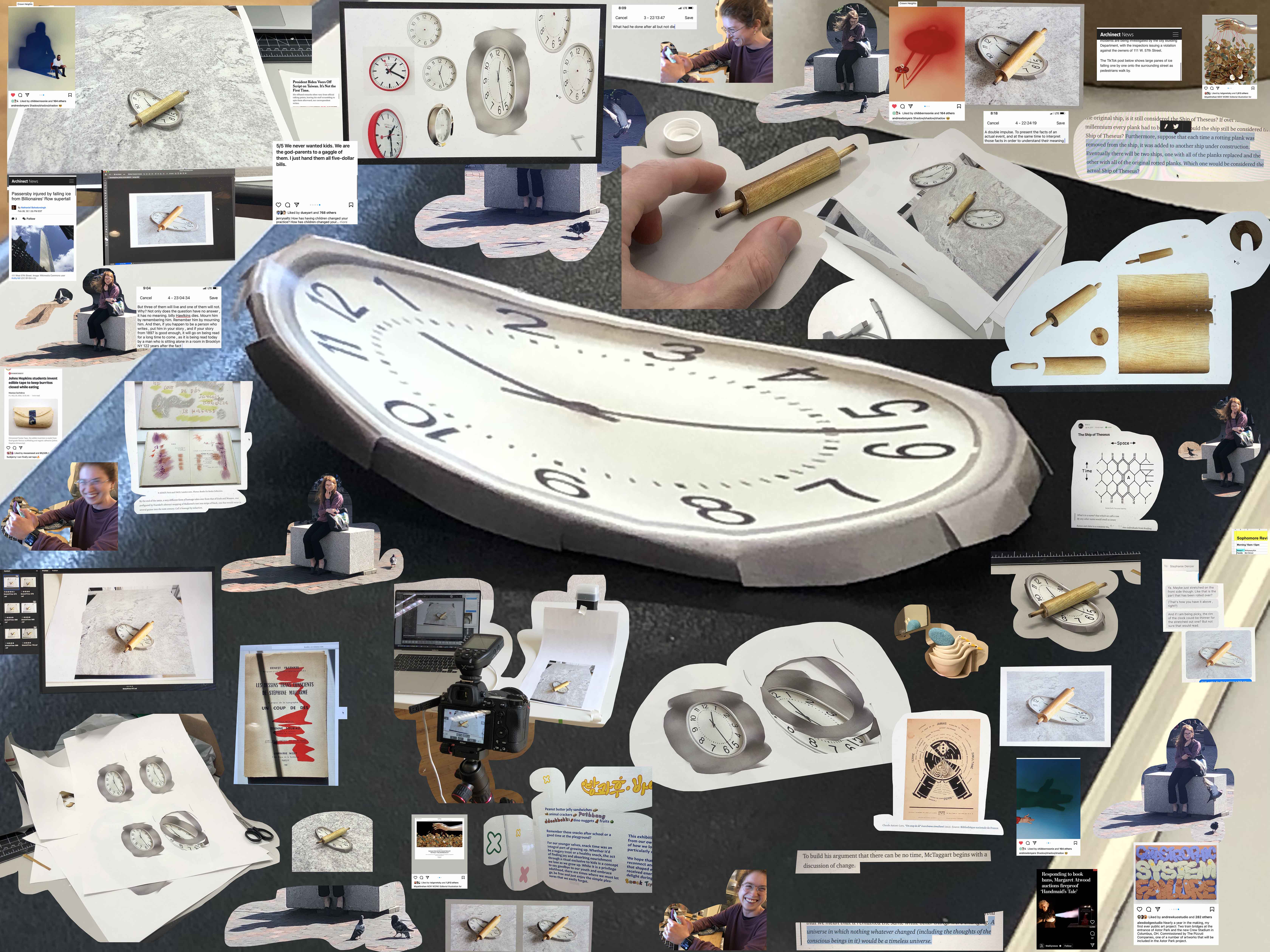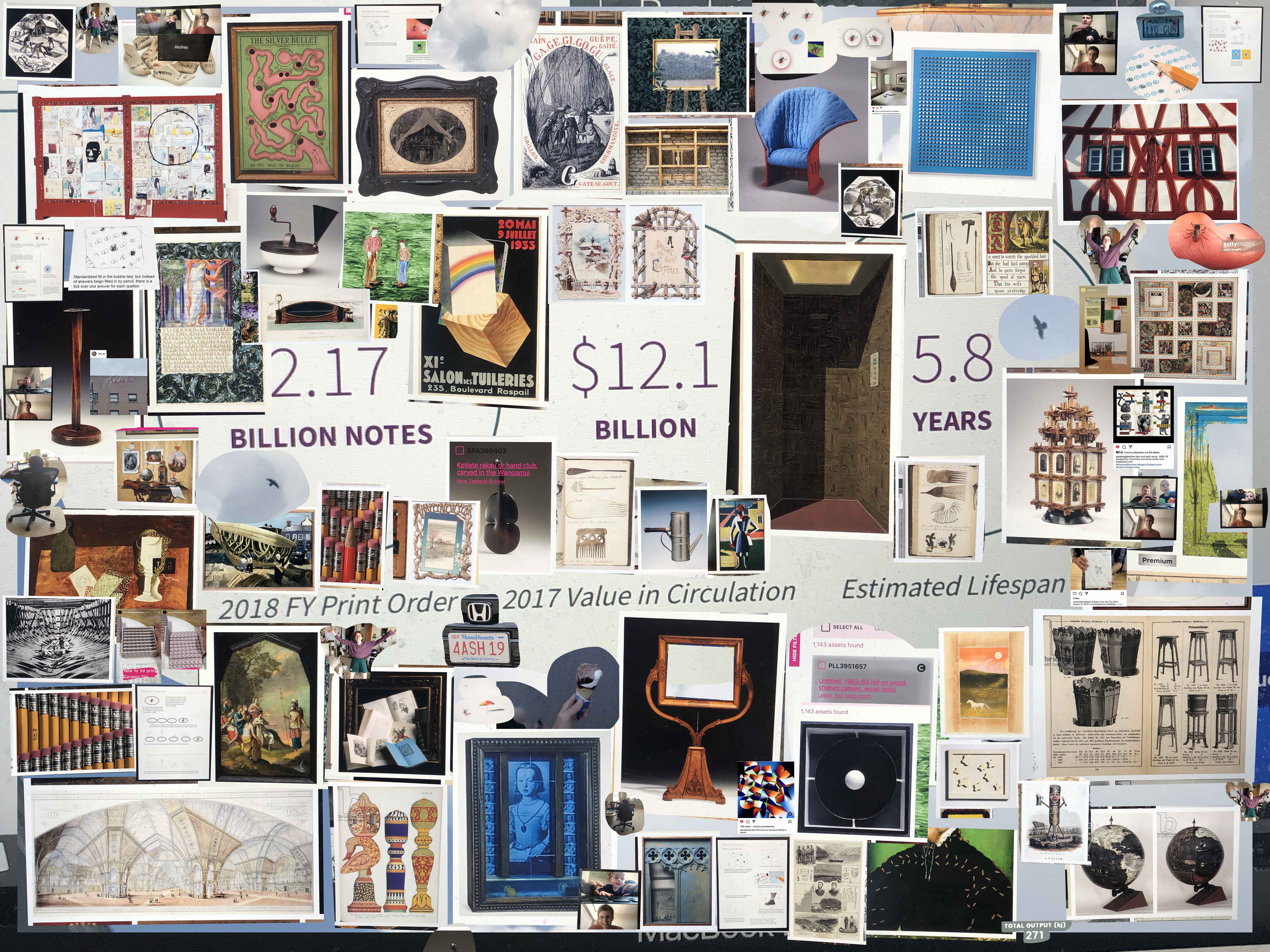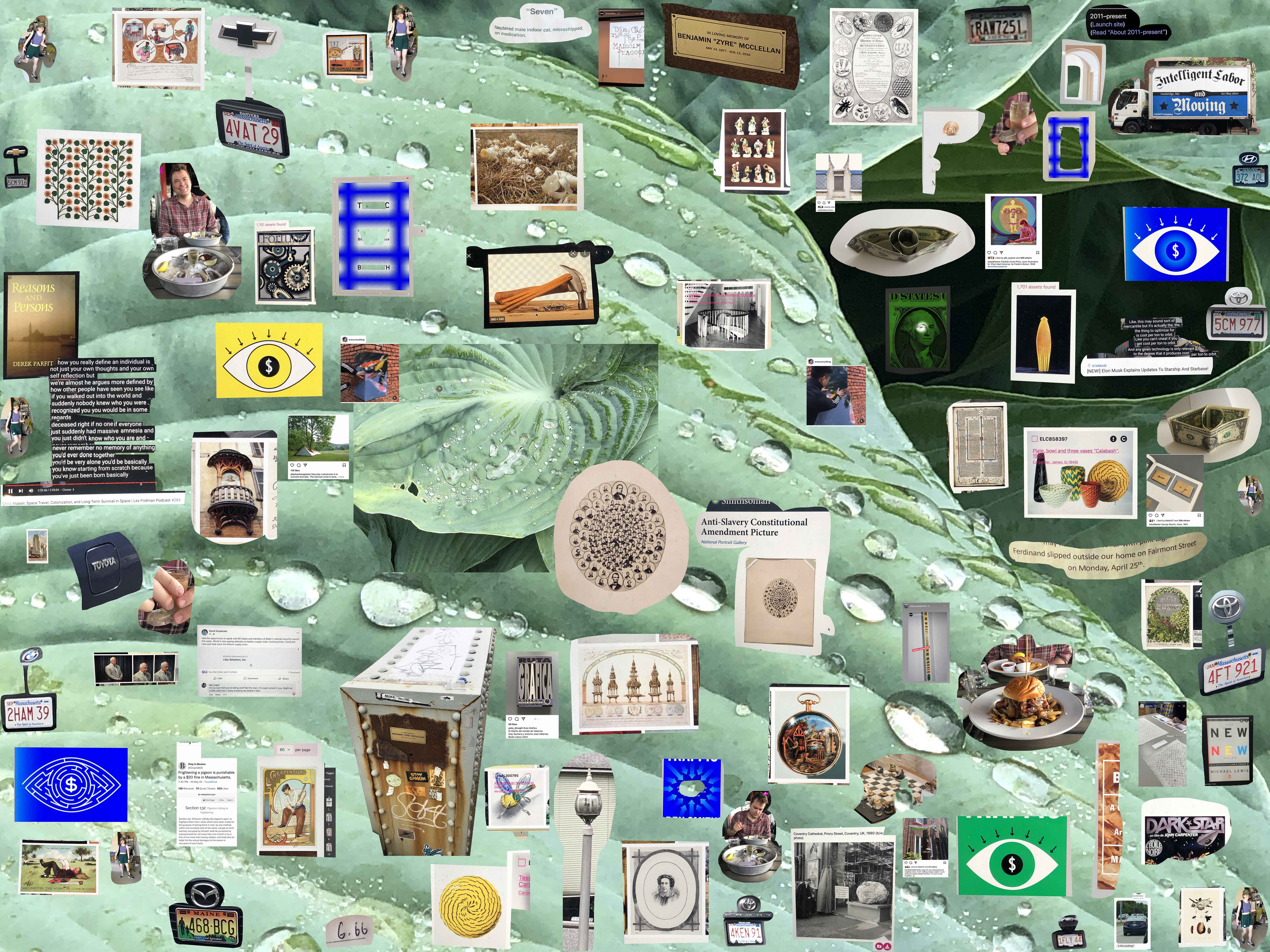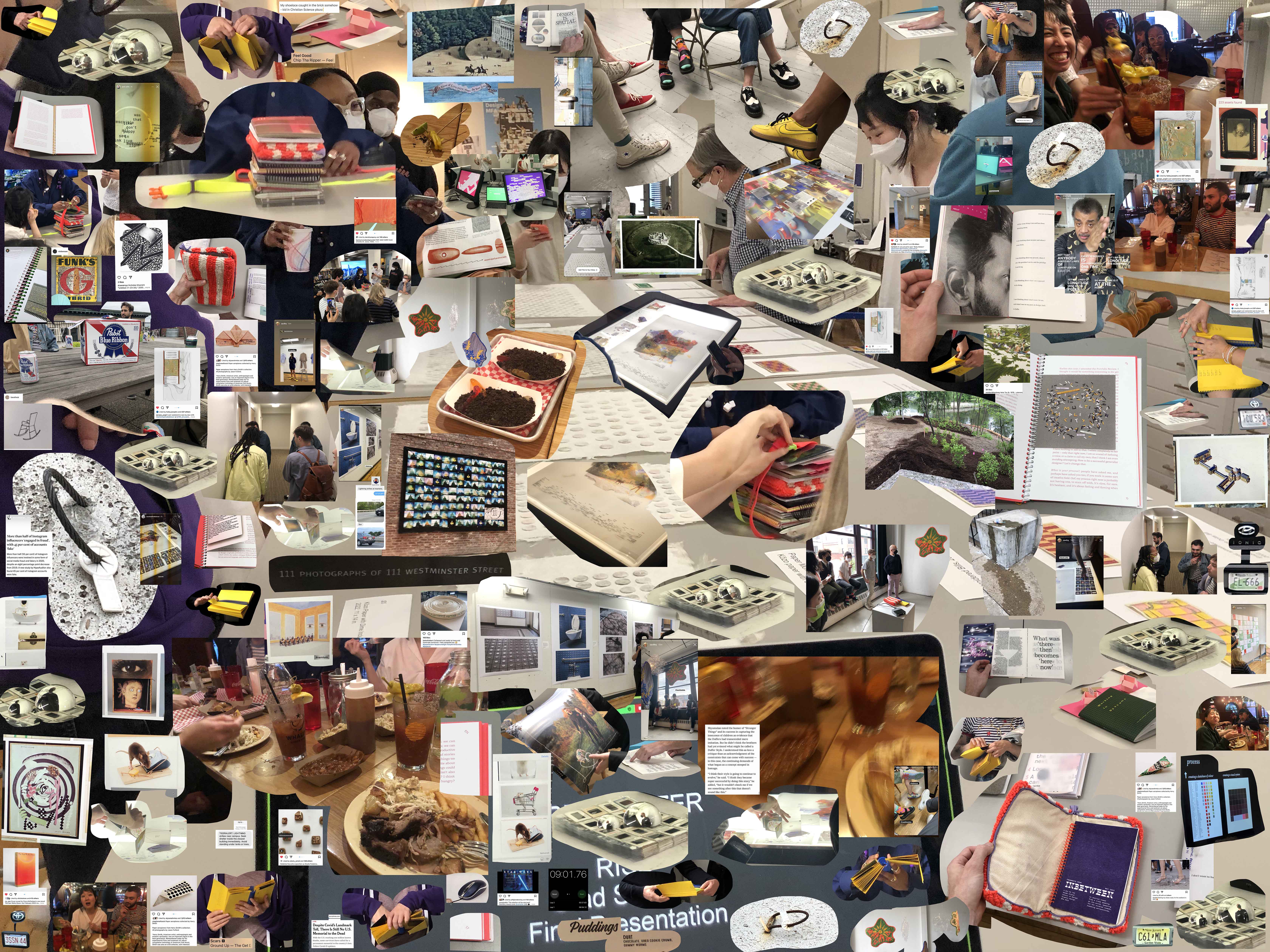Sunday, June 5, 2022
In Mein Kampf Hitler discources at length on the art of reading.... "On the other hand, a man who possesses the art of correct reading will ... instictively and immediately perceive everything which in his opinion is worth permanently remembering, either becasue it is suited to his purpose or generally worth knowing ... The art of reading, as of learning, is this: ... to retain the essential, to forget the nonessential. ... Only this kind of reading has meaning and purpose."
— William L. Shirer, The Rise and Fall of the Third Reich
Saturday, June 4, 2022
How much do you need war to legitimize warriors?
— Dan Carlin, "Dan Carlin: Hardcore History | Lex Fridman Podcast #136"
Friday, June 3, 2022
We Miss You!
— Email from Pavement Coffeehouse
Thursday, June 2, 2022
Just let me go where.
— Yusuf / Cat Stevens, "Trouble"
Wednesday, June 1, 2022
The bobbin.
— Sophia teaching me how to sew*
Tuesday, May 31, 2022
You essentially become archival.
— Nicholas on cremataion*
Monday, May 30, 2022
Molasses Cookies
— Sign over the molasses cookies
Sunday, May 29, 2022
He is not concerned about privacy regulators, he said, because PimEyes operates differently. He described it as almost being like a digital card catalog, saying the company does not store photos or individual face templates but rather URLs for individual images associated with the facial features they contain. It’s all public, he said, and PimEyes instructs users to search only for their own faces. Whether that architectural difference matters to regulators is yet to be determined.
— Kashmir Hill, "A Face Search Engine Anyone Can Use Is Alarmingly Accurate," The New York Times
Saturday, May 28, 2022
The IKEA effect is a cognitive bias in which consumers place a disproportionately high value on products they partially created.
— @depthsofwikipedia via @eli8527
Friday, May 27, 2022
RIP Wassily Kandinsky
You would've loved Uber Eats
— @dank.lloyd.wright
Thursday, May 26, 2022
I don't have a really good answer, except for the fact that I'm finding that I'm an earnest person.
— I (potentially paraphrased)*
Wednesday, May 25, 2022
And what he learned in the end was what he had already known before he ever got there. The only difference, but it was a large difference, was that now he had seen it with his own eyes.
— Paul Auster, Burning Boy: The Life and Work of Stephen Crane
Tuesday, May 24, 2022
They suffer through the same ordeal, but three of them will live and one of them will not. Why? Not only does the question not have an answer, it has no meaning. Billy Hawkins dies. Mourn him by remembering him, remember him by mourning him. And then, if you happen to be a person who writes, put him in your story and if your story from 1897 is good enough, it will go on being read for a long time to come.
— Paul Auster, Burning Boy: The Life and Work of Stephen Crane
Monday, May 23, 2022
The weakness of such highly individual work lies in its sucess by surprise. The words which astonish, the phrases which excite wonder and admiration, come eventually to seem tricky. They lose force with repetition and come at last to be distasteful.
— Garland, via Paul Auster, Burning Boy: The Life and Work of Stephen Crane
Sunday, May 22, 2022
5.8 YEARS
— Estimated Lifespan of one dollar bills, "U.S. Currency Education Program," www.uscurrency.gov
Saturday, May 21, 2022
About how you really define an individual as not just your own thoughts and your own self reflection, but we're almost, he argues, more defined by how other peopele see us. Like if you walked out into the world and say suddently nobody knew who you were or recognized you, you would be in some regards deceased.
— Chris Mason on Derek Parfit's Reasons and Persons, "Chris Mason: Space Travel, Colonization, and Long-Term Survival in Space | Lex Fridman Podcast #283"
Friday, May 20, 2022
If that is what existance requires, so be it.
— CR summing up my statement on 'meanings'*
Thursday, May 19, 2022
And then Crane polishes off the sentance with this somewhat bizarre notion (made more bizarre by the fact that "juke" is probably a misprint of "duke").
— Paul Auster, Burning Boy: The Life and Work of Stephen Crane
Wednesday, May 18, 2022
Steak medium well.
— Mom's reply to "allergies or food restrictions?"
Tuesday, May 17, 2022
But the law had its comical aspects as well. In The Battle with the Slum (Macmillan, 1902), Jacob Riis reports on the invention of "brick sandwiches"—a single brick clamped between two slices of bread—which were placed on bars in mocking compliance with the statute.
— Paul Auster, Burning Boy: The Life and Work of Stephen Crane
